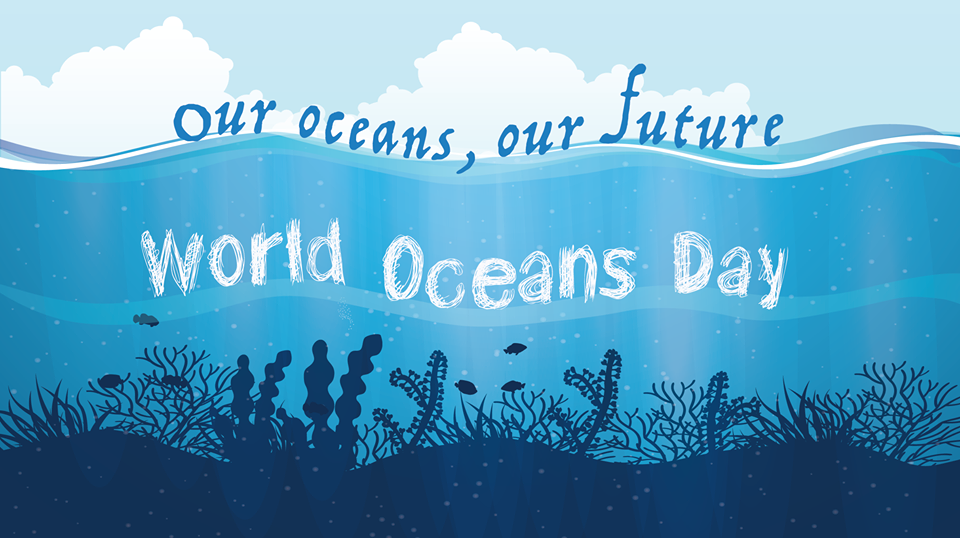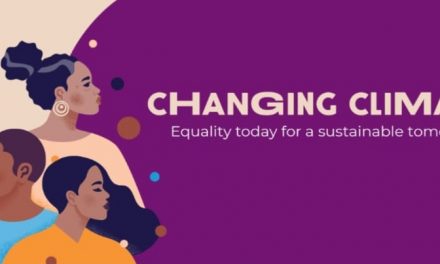Oceans cover three-quarters of the earth’s surface and are critical to all life. Food, oxygen, medicine, climate regulation, and facilitating global systems of trade and transport are among the many functions of this fundamental resource.
World Oceans Day promotes awareness of the significant role of the oceans in supporting biodiversity and the often-detrimental consequences of human action and inaction on the marine environment.
The United Nations estimates that although over 3 billion people around the globe depend on marine and coastal biodiversity to sustain their livelihoods, nearly 40% of the world’s oceans have been negatively affected by human activities.
Every year, 13 million tonnes of plastic filter into our oceans, killing over one hundred thousand marine animals, including sea turtles. As a major nesting ground for turtles, Trinidad and Tobago has to pay close attention to its plastic consumption and adopt a culture of recycling and responsible plastic usage to reduce the risk of death and injury to these animals.
In Trinidad and Tobago, land-based activities have caused significant harm to marine life and ecosystems. According to the 2016 State of the Marine Environment Report by the Institute of Marine Affairs, pollution has negatively affected the water quality of various beaches and the health of our coral reefs, seagrass beds and coastal sediments.
These threats, and those which affect the world’s marine ecosystems can be addressed by tackling ocean conservation through the framework of gender equality. The theme of this year’s World Oceans Day, Gender and the Oceans, invites us to consider how female empowerment can transform the management and regulation of oceans.
Although both women and men work in marine fisheries, women tend to be concentrated in the low-skilled, low-paid, seasonal jobs. Women are grossly underrepresented in ocean governance and fisheries management worldwide. These inequalities stymie innovation and growth and reduce the impact that women can have on improving maritime industries and ocean sustainability.
If we are to conserve and sustainably use the oceans, seas, and marine resources by 2030, we have to commit to promoting gender equality in all ocean-related activities.







